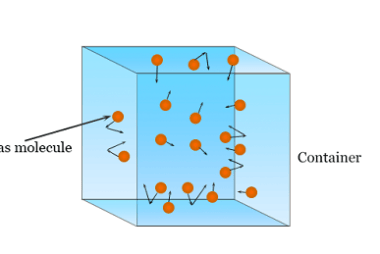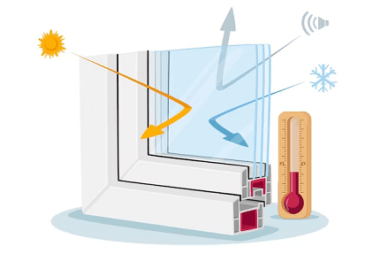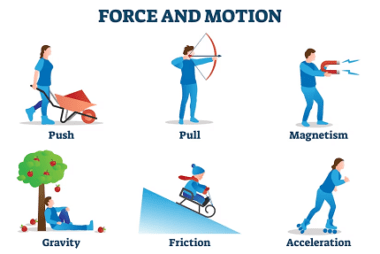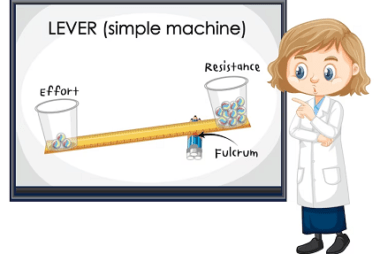Crash Course NEET CHEMISTRY SYLLABUS Behavior of Perfect Gas and Kinetic theory
Behavior of Perfect Gas and Kinetic theory The behavior of a perfect gas and the kinetic theory of gases are closely related concepts that explain the properties and characteristics of gases based on the motion of their particles. Here’s a more detailed explanation of the behavior of a perfect gas and the kinetic theory: Behavior…









